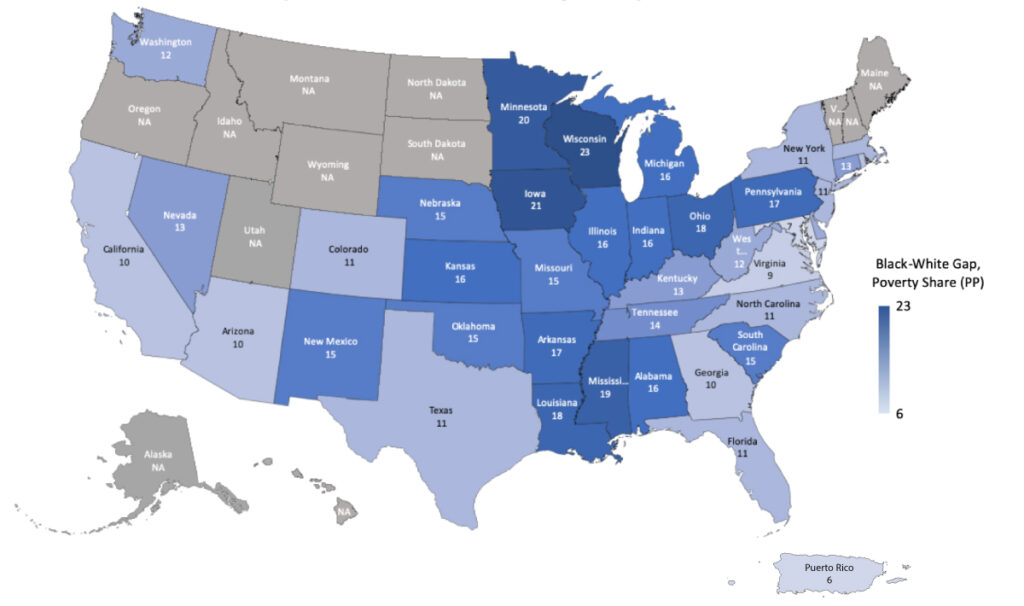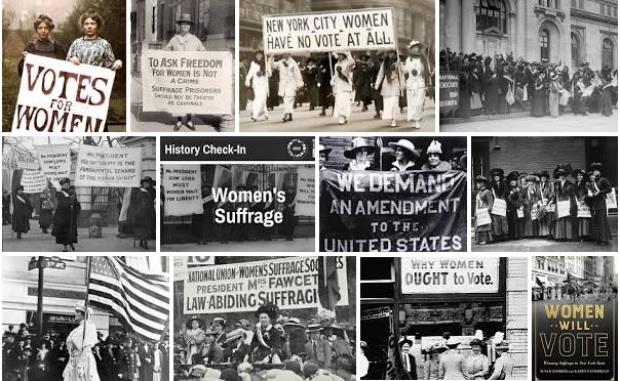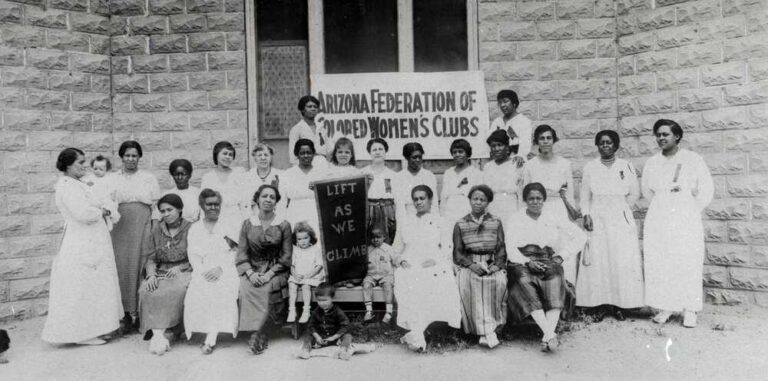Racial Inequality in America
Racial inequality in America is a complex and enduring issue that has deep historical roots and continues to shape the social, economic, and political landscape of the nation today. This article delves into the multifaceted nature of racial inequality, exploring its origins, manifestations in various spheres of life, and efforts towards meaningful change.
Table of Contents
Historical Foundations of Racial Inequality
To understand contemporary racial disparities, one must trace their origins to America’s history of slavery, segregation, and discriminatory policies. Centuries of enslavement, followed by Jim Crow laws and systemic racism, have entrenched disparities in wealth, education, housing, and opportunity along racial lines. The legacy of these injustices persists, perpetuating structural disadvantages for Black, Indigenous, and People of Color (BIPOC) communities.
Economic Disparities
Economic inequality remains a stark reality for many racial minorities. Studies consistently reveal significant gaps in income and wealth between white Americans and BIPOC individuals. Factors such as discrimination in hiring, disparities in educational attainment, and limited access to capital contribute to these economic disparities. BIPOC communities often face higher rates of unemployment, poverty, and limited upward mobility, reflecting systemic barriers to economic success.
Healthcare Disparities
Health outcomes also reflect racial disparities. BIPOC individuals experience higher rates of chronic illnesses, maternal mortality, and limited access to quality healthcare services. Historical injustices, including the exploitation of BIPOC communities in medical research, have fueled distrust in healthcare systems among these populations, further exacerbating health disparities.
Education Divide
The education system continues to mirror and perpetuate racial inequality. BIPOC students are more likely to attend underfunded schools with fewer resources and face disproportionate disciplinary actions. Persistent achievement gaps reflect broader societal inequities, hindering opportunities for social mobility and perpetuating cycles of disadvantage.

Criminal Justice System
Racial bias pervades the criminal justice system, leading to disproportionate incarceration rates among BIPOC individuals. Black Americans, in particular, face higher arrest rates, longer sentences, and harsher treatment within the justice system. This systemic bias not only perpetuates racial inequality but also undermines trust in law enforcement and the judicial process.
Housing Segregation
Segregation in housing remains a persistent issue, with historical redlining and discriminatory lending practices limiting BIPOC individuals’ access to homeownership and safe neighborhoods. Residential segregation contributes to disparities in property values, educational opportunities, and community resources, perpetuating racial inequality across generations.
Political Representation
Despite progress, BIPOC communities continue to be underrepresented in political offices and decision-making roles. Voter suppression tactics, gerrymandering, and campaign finance disparities undermine equitable political representation. Limited representation hinders the advancement of policies that address systemic racism and promote racial equity.
Also Check: Evolution of Women’s Roles in American Culture
Pathways to Progress
Addressing racial inequality requires comprehensive and sustained efforts across multiple fronts. Policy interventions, including targeted investments in education and healthcare, initiatives to dismantle systemic barriers in employment and housing, and criminal justice reforms, are crucial. Additionally, fostering inclusive workplaces, promoting cultural competency, and amplifying BIPOC voices in leadership positions are essential steps toward meaningful change.
Education plays a pivotal role in dismantling racial inequality. Implementing inclusive curricula, promoting diversity in educational institutions, and addressing biases within the education system are critical. Furthermore, cultivating empathy, promoting cross-cultural understanding, and engaging in open dialogues about race and privilege is vital for fostering a more equitable society.
Economic empowerment initiatives, such as equitable access to capital and entrepreneurship support for BIPOC communities, can help bridge economic disparities. Strengthening labor protections, combating discriminatory practices, and promoting fair wages are essential for advancing economic justice.
In healthcare, addressing racial bias in medical settings, expanding access to affordable healthcare, and prioritizing community-based health initiatives can help narrow health disparities. Furthermore, investing in social determinants of health, such as housing and nutrition, can promote overall well-being and reduce racial disparities in health outcomes.
Reforming the criminal justice system involves ending discriminatory policing practices, promoting alternatives to incarceration, and investing in community-based interventions. Embracing restorative justice principles and addressing systemic racism within law enforcement are critical steps toward achieving equitable justice.
Building a more inclusive society requires collective action. Advocacy, allyship, and civic engagement are instrumental in driving systemic change. By amplifying marginalized voices, supporting grassroots movements, and advocating for policy reforms, individuals can contribute to dismantling racial inequality and fostering a fairer, more just America.
Conclusion.
Racial inequality in America is a multifaceted and deeply entrenched issue rooted in historical injustices and systemic discrimination. Addressing this complex challenge demands sustained efforts across all sectors of society, from policymaking and education to healthcare and criminal justice. By fostering inclusive communities, promoting equity, and confronting systemic racism, we can advance towards a more just and equitable future for all Americans.







